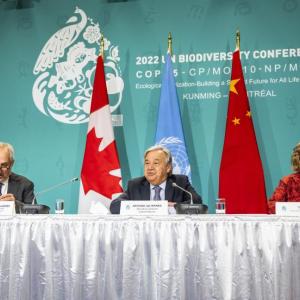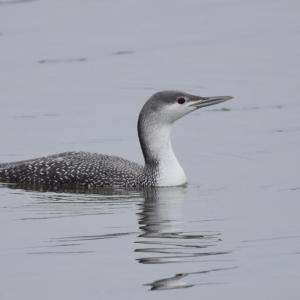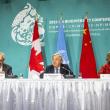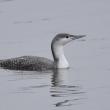World Leaders Gather to Protect Birds
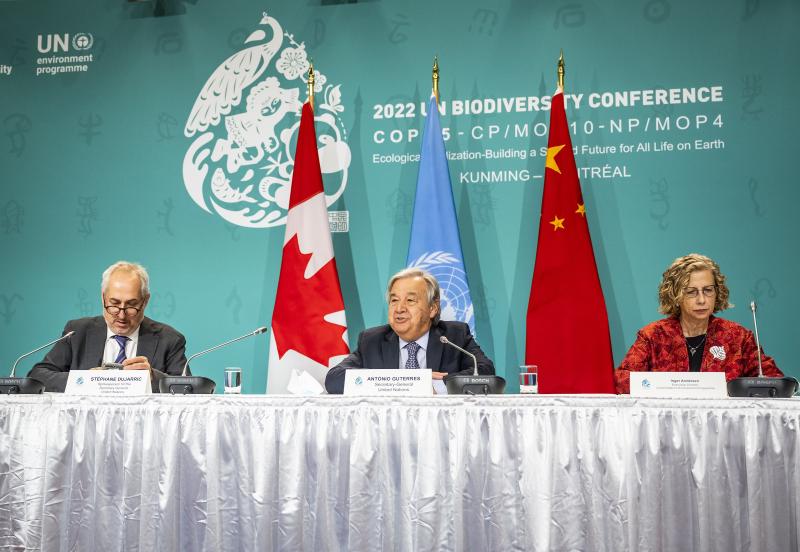 UN officials are pressing world leaders to negotiate ambitious new goals to reverse the declines in biodiversity in Montreal. Photo by UN Biodiversity - 22dec07-COP15-Sec-Gen-Media-3206, CC BY 2.0,
UN officials are pressing world leaders to negotiate ambitious new goals to reverse the declines in biodiversity in Montreal. Photo by UN Biodiversity - 22dec07-COP15-Sec-Gen-Media-3206, CC BY 2.0,
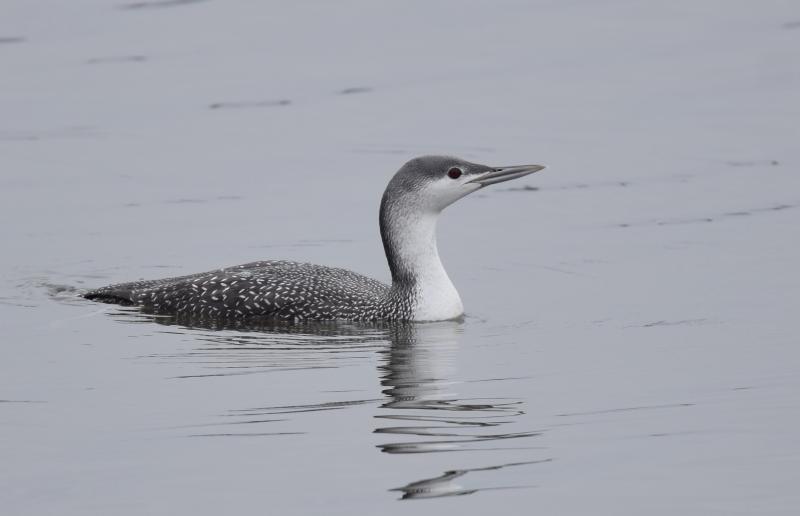 Red-throated loons use the waters of Canada’s Hudson and James Bay as an important stopover before moving down to the Atlantic coast for the winter. Photo by Andy Reago & Chrissy McClarren.
Red-throated loons use the waters of Canada’s Hudson and James Bay as an important stopover before moving down to the Atlantic coast for the winter. Photo by Andy Reago & Chrissy McClarren.
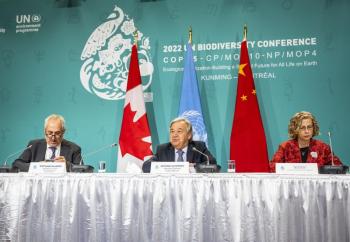 UN officials are pressing world leaders to negotiate ambitious new goals to reverse the declines in biodiversity in Montreal. Photo by UN Biodiversity - 22dec07-COP15-Sec-Gen-Media-3206, CC BY 2.0,
UN officials are pressing world leaders to negotiate ambitious new goals to reverse the declines in biodiversity in Montreal. Photo by UN Biodiversity - 22dec07-COP15-Sec-Gen-Media-3206, CC BY 2.0,
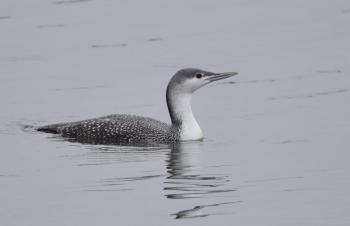 Red-throated loons use the waters of Canada’s Hudson and James Bay as an important stopover before moving down to the Atlantic coast for the winter. Photo by Andy Reago & Chrissy McClarren.
Red-throated loons use the waters of Canada’s Hudson and James Bay as an important stopover before moving down to the Atlantic coast for the winter. Photo by Andy Reago & Chrissy McClarren.
Just a few hours’ drive from us here in Maine, one of the world’s largest meetings on biodiversity is underway in Montreal. Not only is it one of the largest, with something like 20,000 participants, but it must also be one of the longest-running: Starting in the first days of December, it will continue for another week.
This gathering, to decide on the next decade’s goals for the treaty called the Convention on Biological Diversity, is particularly urgent. That’s because the planet’s wildlife is in a perilous state of decline. The urgency is even greater because this conference and the decisions that need to be made to reverse the decline of birds and all biodiversity was delayed by two years as a result of the Covid pandemic.
Called COP15 (shorthand for the 15th meeting of the Conference of the Parties), this is the coming together of official government delegates from the more than 190 nations that signed the Convention on Biological Diversity beginning in 1992. At this meeting, the delegates are deciding on what is called the Post 2020 Global Biodiversity Framework, which includes the goals that each country agrees to meet by 2030. The idea is that goals be adopted that push every country to raise their efforts to a much higher level to stop and reverse the decline of wild species and the degradation and loss of habitats.
If high-ambition goals are adopted, then the public can push their governments to live up to these goals. If on the other hand, the goals that are adopted are poorly defined or so low that governments don’t have to do much of anything to reach them, then the public (you and I) have less leverage to push for better policies and more funding to stop the drastic declines and losses of birds, fish, mammals, plants, and other forms of biodiversity.
Canada’s wild places are the breeding grounds for so many of the birds that are here in Maine now for winter. And we are fortunate that Canada’s federal government, which is the local host of this historic COP15, is also one of the world leaders in many of the most ambitious goals for biodiversity protection. Canada has committed to one of the key global biodiversity goals of protecting at least 30% of lands and waters by 2030 and is working toward achieving that goal by supporting Indigenous-led conservation and stewardship efforts. Just last week, the Canadian federal government announced $800 million of support to go toward Indigenous-led conservation efforts in four large bioregions of Canada including in the Hudson Bay-James Bay Lowlands of Ontario.
Those silvery-backed, slim-necked red-throated loons that we see bobbing in our bays in winter may well have used the waters of the very same Canada’s Hudson Bay and James Bay as a key stop-over location in fall migration. The big-billed yellow, black, and white evening grosbeaks that have blessed some lucky Maine backyard feeders this late fall and early winter likely descended from the Boreal Forests of Canada, perhaps in the southern part of the same region.
These and so many more birds that we enjoy in winter (not to mention in spring and fall migration) are dependent on habitats in Canada. That’s why what happens in Montreal over this next week matters. The final goals that the world adopts at COP15 will determine how much attention and funding each nation’s government puts toward solving the biodiversity crisis. For bird lovers, that translates into how many bird species will see numbers continue on their downward slide and how many will see them become healthy once again.
There are nearly three billion fewer birds now, here in North America, then there were 50 years ago. The birds are telling us that something needs to be done and it needs to be done quickly. We hope and expect that the leaders of the world are listening so that they adopt the high ambition goals needed to bring back birds and all biodiversity.
Jeffrey V. Wells, Ph.D., is a Fellow of the Cornell Lab of Ornithology and Vice President of Boreal Conservation for National Audubon. Dr. Wells is one of the nation's leading bird experts and conservation biologists and author of the “Birder’s Conservation Handbook.” His grandfather, the late John Chase, was a columnist for the Boothbay Register for many years. Allison Childs Wells, formerly of the Cornell Lab of Ornithology, is a senior director at the Natural Resources Council of Maine, a nonprofit membership organization working statewide to protect the nature of Maine. Both are widely published natural history writers and are the authors of the popular books, “Maine’s Favorite Birds” (Tilbury House) and “Birds of Aruba, Bonaire, and Curaçao: A Site and Field Guide,” (Cornell University Press).

